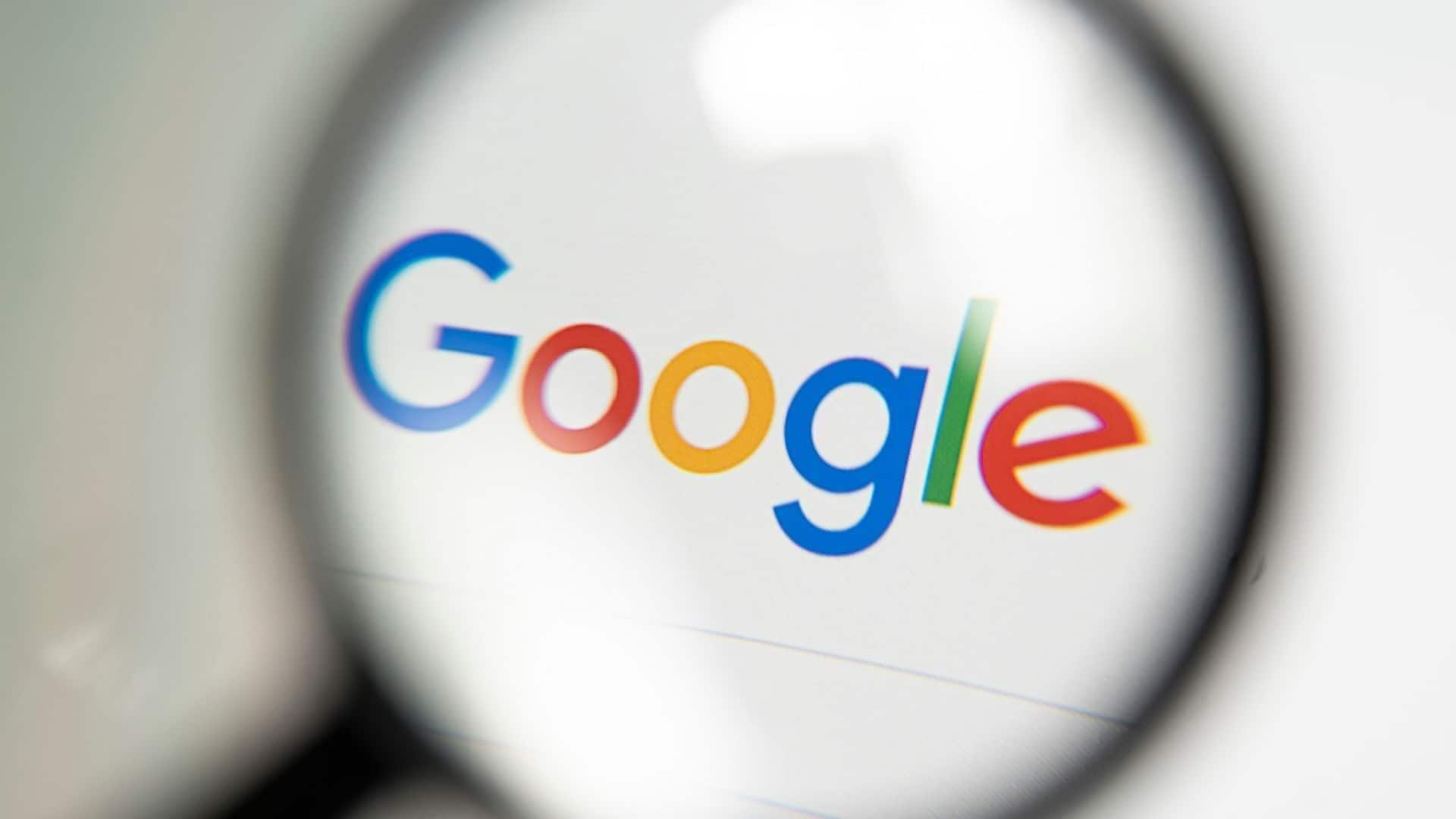
Google must sell Chrome to end online search monopoly: DOJ
What's the story
The US Department of Justice (DOJ) has recommended that Google should divest its Chrome browser to break its illegal monopoly in online search. The recommendation came in a filing with the US District Court of the District of Columbia. If this remedy is accepted, Google would be prohibited from re-entering the search market for five years. The final call rests with District Court Judge Amit Mehta, and would have a major impact on one of the world's biggest companies.
Verdict details
Judge Mehta's ruling on Google's monopoly
In August, Judge Mehta had ruled that Google had unlawfully monopolized the search business by abusing its power. He had also expressed concerns over Google's control of various internet gateways and its payments to third parties to maintain its status as a default search engine. The DOJ's recent filing highlighted Google's ownership of Android and Chrome, both crucial distribution channels for its search business, presents "a significant challenge" in implementing remedies for making the search market competitive.
Further suggestions
DOJ proposes additional remedies to address Google's monopoly
The DOJ has also proposed Google should separate from its Android mobile operating system. The filing acknowledged potential resistance from Google and other partners to this spin-off, and suggested strict remedies such as not using Android to disadvantage its search competitors. If Google fails to impose limitations on Android, the DOJ has suggested it should be compelled to sell it off.
Contractual concerns
DOJ's stance on Google's 3rd-party contracts and data licensing
The DOJ has also proposed that Google should be prohibited from entering into exclusionary third-party contracts with browser or phone companies. For instance, Google's deal with Apple to be the default search engine on all Apple products. Further, the DOJ has suggested that Google should license its search data along with ad click data to competitors, selling the underlying "click and query" data and separately syndicating its search results.
Post-sale conditions
DOJ's conditions for Google post-Chrome sale
The DOJ has also detailed conditions to keep Google out of the browser market for five years after Chrome's divestment. After Chrome's sale, Google should not acquire or own any rival ad text search, query-based AI product, or ads technology, it is proposed. The document also contains provisions to allow publishers to opt out of Google using their data to train AI models.
Market impact
Google's response and potential impact on AI competition
Google is yet to respond to these proposals. However, Lee-Anne Mulholland, Google's vice president of regulatory affairs, has said that the Justice Department "continues to push a radical agenda that goes far beyond the legal issues in this case." If these remedies are accepted by the court, it could have a major impact on Google's competitiveness against OpenAI, Microsoft, Perplexity, and Anthropic in AI tech space.